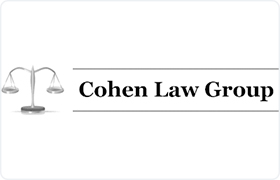Hopkinton Land Use & Zoning Lawyer, Massachusetts
Sponsored Law Firm
-
 x
x

Click For More Info:
-
Cohen Law Group
500 Commercial St Unit 4R Boston, MA 02109» view mapBusiness, Real Estate, Accident & Injury Over 50 Years Of Experience
With over 50 years of experience, the Cohen Law Group is a well-established law firm located in the heart of Boston’s historic North End.
800-790-5110
Ryan P. Avery
Employment, Family Medical Leave Act (FMLA), Construction, Land Use & Zoning, Car Accident
Status: In Good Standing Licensed: 14 Years
FREE CONSULTATION
CONTACTJeremy Adam Cohen
Land Use & Zoning, Trusts, Civil Rights, Contract
Status: In Good Standing Licensed: 22 Years
Douglas J. Rowe
Land Use & Zoning, Estate Planning, Corporate, Business Organization
Status: In Good Standing Licensed: 56 Years
Barbara H Rowe
Land Use & Zoning, Estate Planning, Corporate, Business Organization
Status: In Good Standing Licensed: 53 Years
 Herbert Cohen Boston, MA
Herbert Cohen Boston, MA Practice AreasExpertise
Practice AreasExpertise
